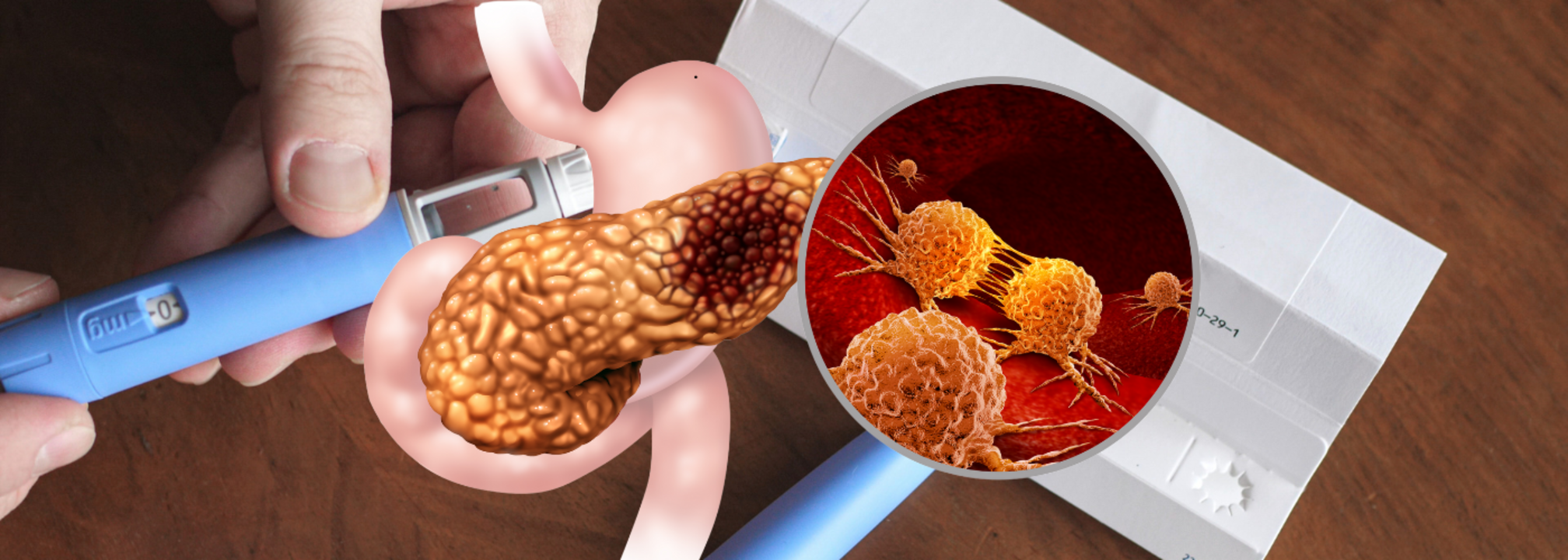Weight Loss Drugs Like Ozempic, Mounjaro And Wegovy Under Scrutiny After Deaths And Pancreatitis Reports in UK

Credits: Canva
SummaryUK health authorities are investigating pancreatitis cases linked to weight-loss drugs like Ozempic and Mounjaro. We spoke to doctors for clarity on risks, side effects, and the role of genetics.
End of Article
